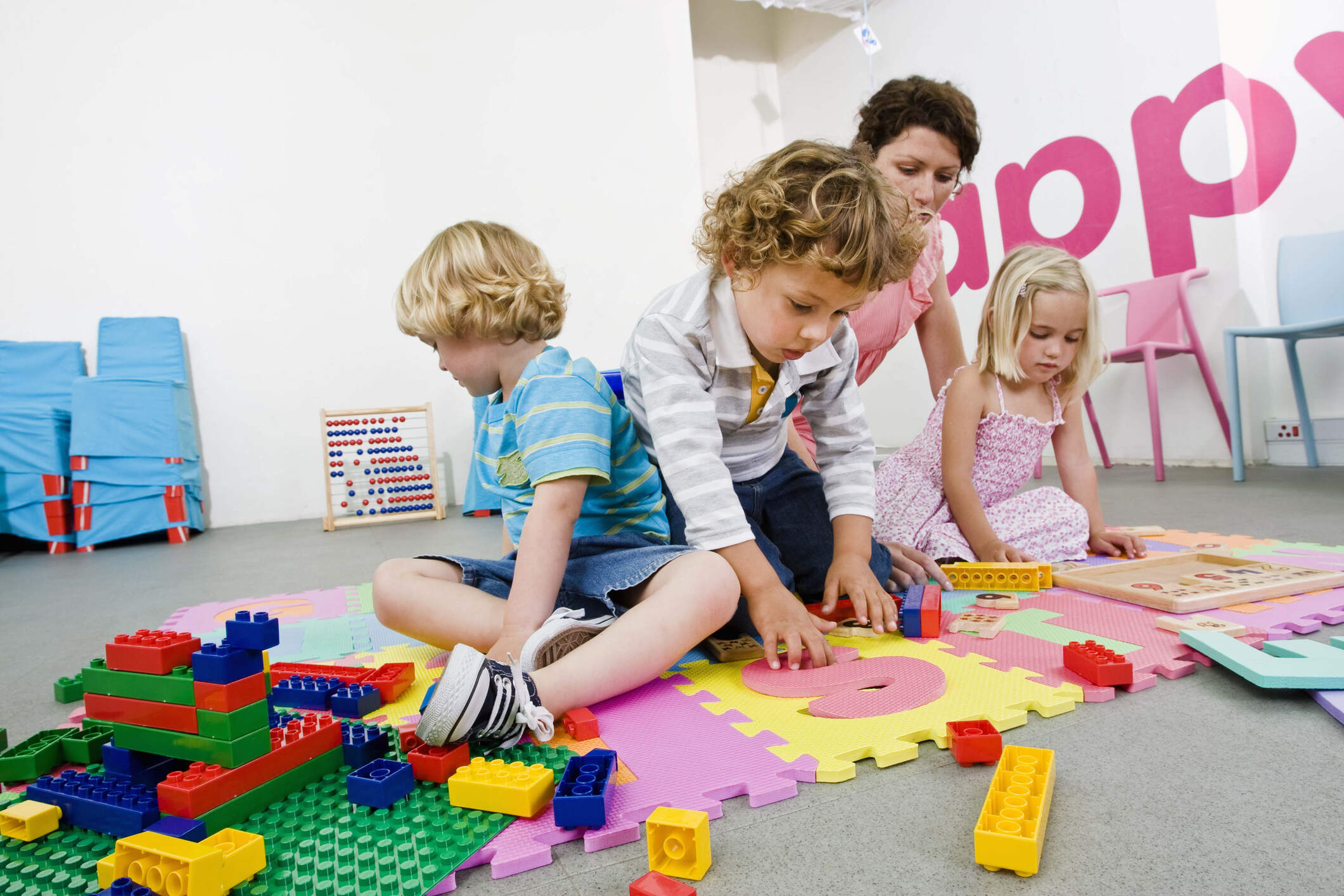Applications now closed
SellSTEM is recruiting 15
Early Stage Researchers, or ESRs, who will be employed by a university and registered on a PhD programme.
All positions - ESR1 to ESR15 - are described below along with location and a link to each candidate brief. At the bottom of the page you will find a list of things you need for the application and a link to the application form. The application deadline has been extended to 23:00 CET, March 28, 2021.
Salary
- Defined by MSCA ITN 2018-20 https://tinyurl.com/183hikf4
- Living allowance of €3,270 per month, adjusted by a correction coefficient for each country
- Mobility allowance of €600 per month
- With family status, a family allowance of €500 per month
- Total amount received by each ESR will vary as employer and employee payroll taxes and social security costs deducted from
the gross salary depend on local laws.
Benefits
- Receive a tailored training programme with modules and training events every 6 months
- Join an international team that is multi-disciplinary and both academic and non-academic
- Have a supervisory
team and be hosted on secondment with a non-academic partner or at another
university
- Be prepared
for several roles spread across academic and non-academic
sectors
Eligibility Criteria
- MSCA mobility rule
- Research career to date < 4 years
- Native
English speaker or IELTS test score of at least 6.5
- Academic qualification (both level - Bachelor’s
or Master’s -and discipline vary with ESR position)
- Other knowledge and skills (these vary with ESR position)
Title: Spatial ability development in the preschool years and its relation to affective and academic measures in STEM learning
Title: Spatial ability development during primary school and its relation to affective and academic measures in STEM learning
Title: Nature or nurture: which factors of spatial ability are most sensitive to development through focused instruction?
Title: Examining language as a medium of representation in relation to STEM learning tasks and spatial ability.
Title: Project Space and Shape: A European study of the influence of spatial ability on attraction towards and performance in STEM learning
Title: Structured online
Title: Spatial ability, working memory and STEM learning in primary school
Title: Exploring the potential for enhancing spatial ability through spatially challenging STEAM project work in the zone of proximal development & formative assessment
Title: Development and Evaluation of learning material for the structured model of the eight basic routines of visual perception and spatial ability
Title: STEM outreach or STEM outcast? How to adapt STEM outreach based on gender and spatial ability level so it is a positive experience for all. .
Title: Barriers and enablers to raising spatial ability of primary school children beyond existing levels: A study of teaching practice in Europe
Title: An analysis of how national and European policies for primary school education are aligned with current research on spatial skills development to support STEM learning
Title: An examination of the potential of formative assessment in STEAM projects to promote spatial ability development
Title: Improving spatial ability development in the primary school classroom by changing teaching practice
Title: The craft of coaching in maker space: how to coach children from low to high spatial ability through maker education
Before you apply
Download and review the list of questions you will be asked during the application survey so you can be prepared to provide answers to all questions and complete your application. Incomplete applications cannot be considered.



